Understanding Jianzhan Teaware and Its Place Among Traditional Tea Sets
Did you know that the art of tea drinking dates back thousands of years, yet new styles and methods continue to captivate enthusiasts? Among them, Jianzhan teaware stands out with its exquisite craftsmanship and unique aesthetic appeal. Originating from the ancient Jian family of kilns in China, Jianzhan is not just a set of tea vessels; it’s a statement of history and artistry.
What makes Jianzhan particularly fascinating is its intricate glaze patterns and the stories they tell. Each piece is a blend of aesthetic beauty and functional excellence, embodying the spirit of traditional Chinese tea culture. This article explores how Jianzhan compares to other world-renowned traditional tea sets, such as the celebrated Yixing teapot, while broadening the perspective to include global brewing customs.
Join us as we dive into the rich tapestry of teaware, unearthing the artistry and significance behind Jianzhan and its peers.
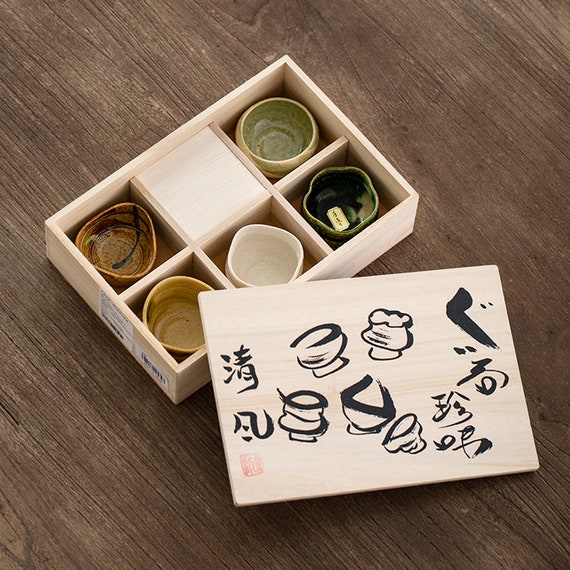
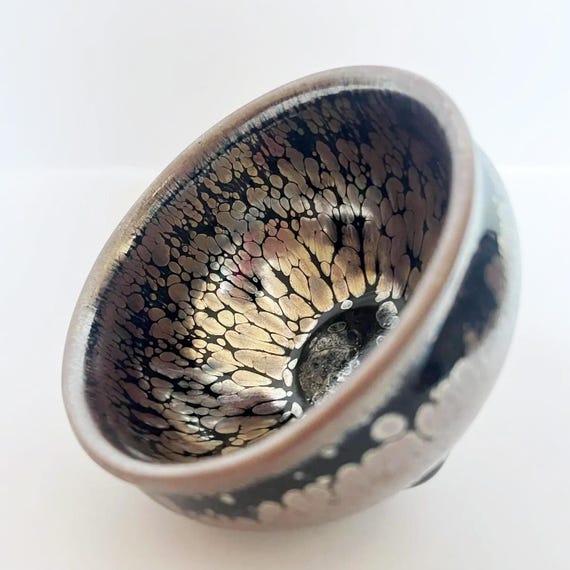
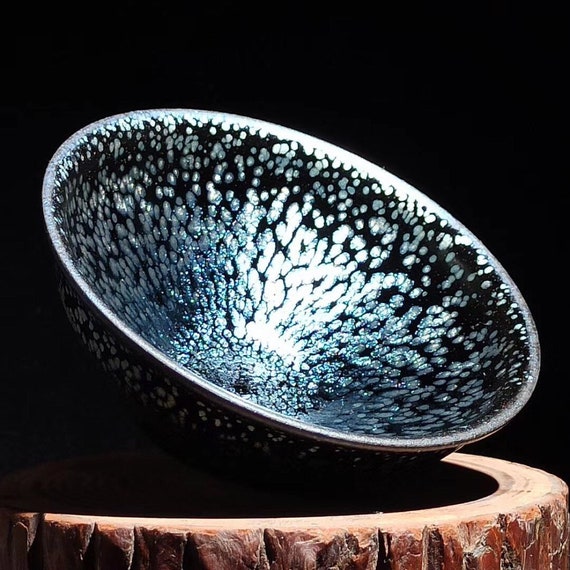
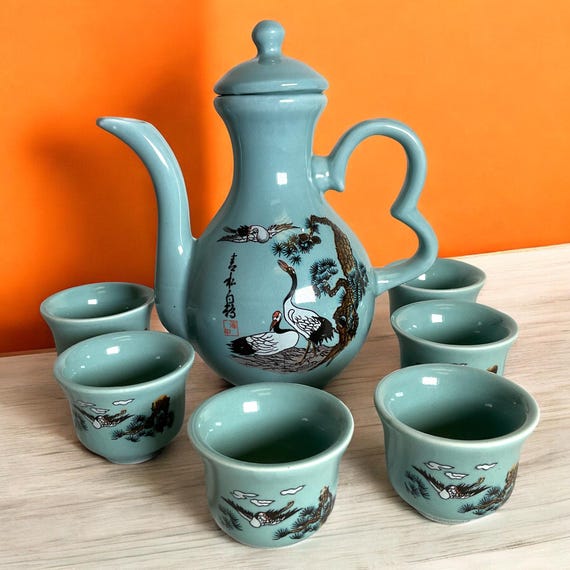
Discover the Art of Gong Fu Tea: Mastering the Traditional Chinese Tea Set
The Artistry of Jianzhan Teaware
Jianzhan teaware is a remarkable testament to the intricate artistry of Chinese ceramic craftsmanship. It is celebrated not only for its utility in brewing tea but also for its breathtaking aesthetic qualities that transform each piece into a work of art.
A Unique Glazing Technique
One of the standout features of Jianzhan teaware is its distinctive glazing process. The famous “golden peacock” glaze, marked by rich hues that shift with the light, is achieved through a high-temperature firing technique combined with wood ash. This creates unpredictable, beautiful patterns that are unique to each piece. For instance, a single Jianzhan bowl can have a palette ranging from deep amber to shimmering green, captivating the eye and inviting appreciation from all who see it.
Types of Clay and their Significance
The clay used for crafting Jianzhan teaware typically comes from the mountainous regions of Fujian province. This clay has a high iron content, which not only enhances its durability but also contributes to the vibrant coloration of the glazes. The texture of the clay imparts an earthy feel, offering tea drinkers a tactile connection to nature as they hold each piece.
Each bowl or teapot carries with it the essence of both the clay and the skilled artisan behind its creation. An artisan’s touch brings forth subtle variations, making every Jianzhan piece truly one of a kind. The connection to the maker enhances the experience, as consumers can appreciate not only the aesthetic but also the time and care that went into each piece.
Historical Context
The history of Jianzhan teaware can be traced back to the Tang Dynasty and flourished during the Song Dynasty. It was during this era that Jianzhan became a favorite among tea connoisseurs. The cultural significance of the tea wares was such that it was even tied to Zen Buddhism, where the simplicity and beauty of the vessels were celebrated in the tea ceremony. The delicate balance between functionality and beauty continues to inspire modern artisans who aim to replicate the ancient techniques.
As we explore the artistry of Jianzhan teaware, it becomes clear that these pieces are not merely for drinking tea—they are vessels of history, culture, and craftsmanship. Each cup of tea brewed in Jianzhan teaware is an opportunity to engage with tradition and artistry in a modern setting.
With this appreciation for Jianzhan’s unique artistry, it’s fascinating to consider how it stands in comparison to other renowned traditional teapots, such as those crafted from Yixing clay.
Comparative Analysis: Jianzhan vs. Chinese Yixing Teapots
When it comes to traditional Chinese teapots, two names often rise to the forefront: Jianzhan and Yixing. While both serve the essential purpose of brewing and enjoying tea, they possess distinct characteristics that set them apart. Let’s delve into their differences in material, brewing potential, and cultural significance, showcasing how each contributes uniquely to the art of tea drinking.
Material Aesthetics
Jianzhan teaware is celebrated for its high-iron, natural clay sourced from Fujian province, known for its unique glazing techniques. The glaze, often displaying rich colors and organic patterns, turns each piece into a visual masterpiece. In contrast, Yixing teapots are made from a special clay called “zisha,” which is characterized by its fine texture and porosity. This clay not only absorbs flavors but also enhances the tea’s aroma over time, making Yixing teapots particularly favored among aficionados for their ability to improve with age.
Brewing Potential
Both Jianzhan and Yixing teapots excel in their brewing capacities but differ in how they handle temperature and taste.
Cultural Narratives
Both Jianzhan and Yixing teapots carry rich cultural histories that enhance their significance.
In exploring these two remarkable forms of teaware, we can see distinct attributes that inform their usage and appreciation. Understanding these differences paves the way for discovering their respective brewing techniques, enabling tea lovers to engage fully with the unique qualities they each bring to the tea-drinking experience.
Global Traditional Tea Sets: A Broader Perspective
Tea culture varies widely around the globe, each region contributing its unique perspective and practices to this cherished ritual. Beyond the celebrated Jianzhan and Yixing teaware, let’s explore traditional tea sets from other distinct cultures, highlighting their cultural significance and functional differences.
Japanese Kyusu: A Harmony of Form and Function
In Japan, the Kyusu teapot reigns supreme for brewing green tea, embodying the Japanese aesthetic of simplicity and elegance. Usually made from clay or porcelain, the Kyusu often features a side handle that allows for graceful pouring. The design promotes efficient steeping, releasing the delicate flavors of Japanese teas like Sencha and Gyokuro. The craftsmanship evident in a Kyusu is not merely functional; it reflects the philosophy of wabi-sabi, embracing imperfection and transience. For tea lovers, a Kyusu is a gateway to an intimate tea experience grounded in Japanese culture and tradition.
British Teapots: The Quintessential Afternoon Tradition
Shifting to the West, the British teapot offers an entirely different encounter with tea. These often ceramic or porcelain vessels, available in various shapes and decorations, have become symbiotic with the ritual of afternoon tea. The association with social gatherings, fine china, and tiered tea trays adds a layer of elegance to the British tea experience. However, unlike Jianzhan or Kyusu, British teapots can be less suited for specific types of tea, focusing instead on the communal aspect of enjoying tea together. They serve a broader function, encouraging conversation and connection among those gathered.
Moroccan Tea Glasses: A Festive Celebration of Hospitality
In Morocco, tea is a ceremonial affair, where tea glasses play a central role. These vibrant, small glasses showcase intricate designs and colors, elevating the presentation of the celebrated Mint Tea. The steeping process often involves pouring tea from a height, creating a theatrical spectacle that symbolizes hospitality. Unlike the Jianzhan teaware, which focuses on individual savoring of tea’s nuances, Moroccan tea glasses emphasize communal enjoyment and celebration, portraying the culture’s warmth and welcoming nature.
Cultural Connections and Reflections
Each of these traditional tea sets serves not only as a functional item but as a rich representation of their respective cultures. They highlight how the act of brewing and sharing tea varies significantly, shaped by history, philosophy, and social customs. While Jianzhan teaware captivates with its artistry and historical depth, the Kyusu, British teapot, and Moroccan glasses reveal different dimensions of tea appreciation, all contributing to the global love for this time-honored beverage.
As we continue our journey through the world of teaware, it’s important to consider how specific brewing techniques enhance the unique qualities of each type of tea and set.
Stay tuned as we examine the brewing techniques that set Jianzhan teaware apart from its global counterparts.
Brewing Techniques: How Jianzhan Stands Out
Brewing tea is an art form, and the choice of teaware significantly influences both the process and the flavor of the tea. Jianzhan teaware embodies this connection, offering a unique interaction between tea and pot that distinguishes it from other traditional sets.
Ideal Teas for Jianzhan
Jianzhan is particularly well-suited for delicate teas, such as green, white, and lightly oxidized oolongs. These teas benefit from the precise temperature control that Jianzhan pots provide. For example, a finely crafted Jianzhan bowl can retain heat efficiently, allowing the tea leaves to fully unfurl and release their subtle aromas, producing a clean, vibrant cup. The tranquil aesthetic of Jianzhan also enhances the overall experience, inviting drinkers to savor the moment.
Sensory Attributes
Jianzhan enhances the sensory experience of tea drinking in several remarkable ways. The high-iron clay from Fujian province contributes to a richer flavor profile, subtly influencing the final brew. Drinkers often note a rounded, complex flavor that stands out particularly in lighter teas. The unique glazing process creates visual patterns and textures that engage the eyes, further immersing the drinker in the experience.
Brewing Techniques
Brewing with Jianzhan requires an appreciation of its unique traits:
As we explore the distinct features of Jianzhan teaware, it’s enlightening to consider how to properly care for these beautiful pieces. The maintenance of Jianzhan compared to other traditional teapots can greatly impact their longevity and performance.
Caring for Your Teaware: Jianzhan vs. Others
When it comes to enjoying tea, maintaining your teaware is just as crucial as the brewing process. Jianzhan teaware, with its unique characteristics and often intricate craftsmanship, requires specific care compared to other traditional tea sets. Here are some practical tips to ensure your teaware delights you for years to come.
Cleaning Techniques
Jianzhan Teaware:
Other Traditional Tea Sets:
Storage Solutions
Jianzhan Teaware:
Other Sets:
Preservation of Aesthetics
Jianzhan Teaware:
Other Traditional Sets:
Caring for your teaware is an ongoing journey that enhances your tea-drinking experience. While Jianzhan teaware requires mindful handling and specific cleaning methods, other traditional sets also have their unique maintenance routines tailored to their materials.
With your teaware well cared for, you can fully immerse yourself in the rich experience of tea drinking, embracing the stories and rituals that each piece brings to the table.
As we wrap up our exploration of Jianzhan teaware and its cultural significance, let’s reflect on how its artistry and maintenance contribute to its lasting legacy within the world of traditional tea sets.
Celebrating the Elegance of Jianzhan and Its Legacy
In the world of traditional tea culture, Jianzhan teaware stands out not only for its exquisite craftsmanship but also for its deep historical roots. The unique aesthetics and functionality of Jianzhan enhance the tea-drinking experience, inviting enthusiasts to appreciate the artistry behind each piece. As we’ve explored the various aspects of Jianzhan alongside other traditional teaware, it becomes clear that each style offers its own unique narrative, full of cultural significance.
Let us continue to celebrate the rich diversity within tea culture while honoring the distinct qualities of Jianzhan. Whether you’re a seasoned connoisseur or just beginning your journey, embrace the elegance of Jianzhan and let it become a cherished part of your tea ritual. Happy brewing!

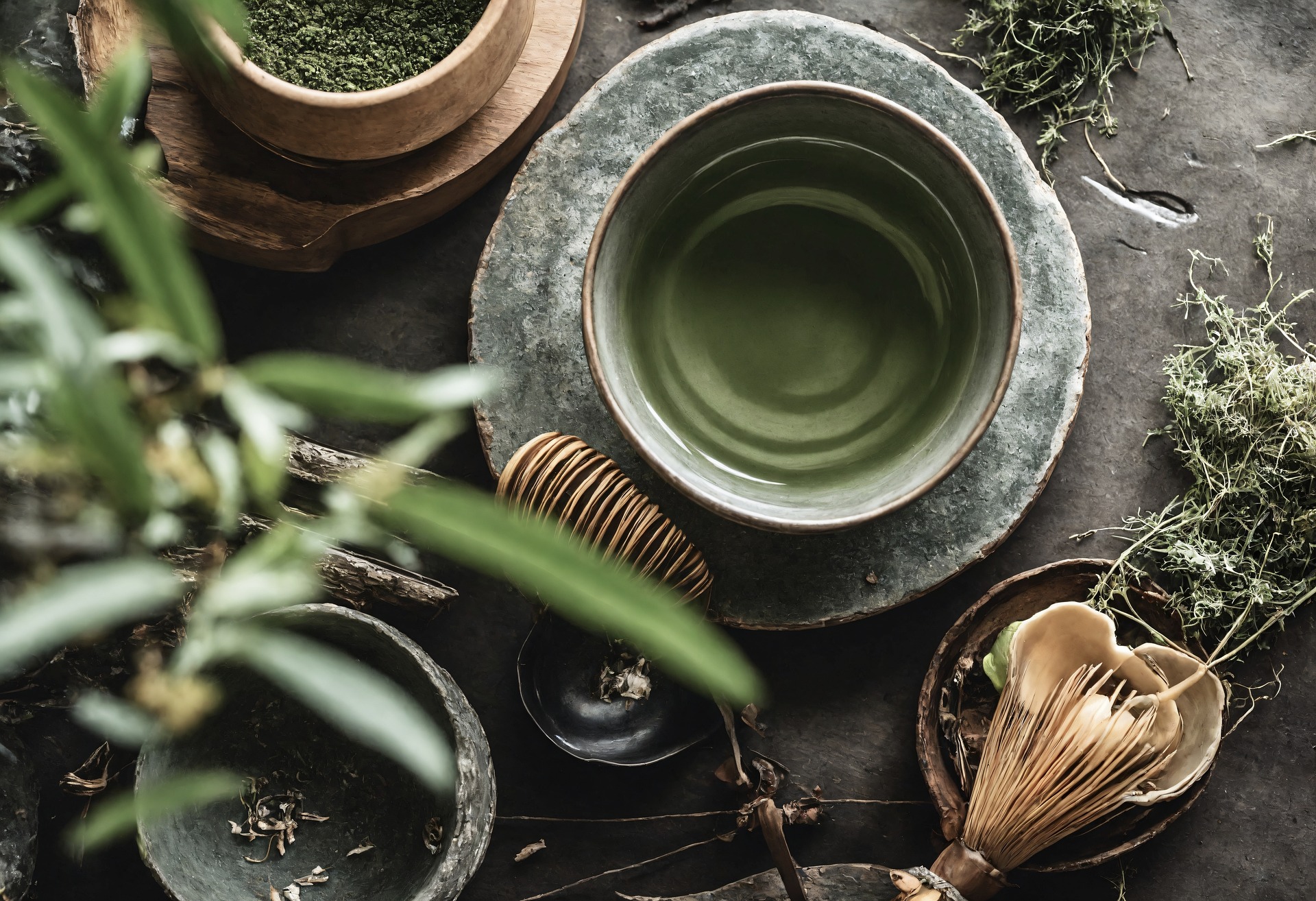


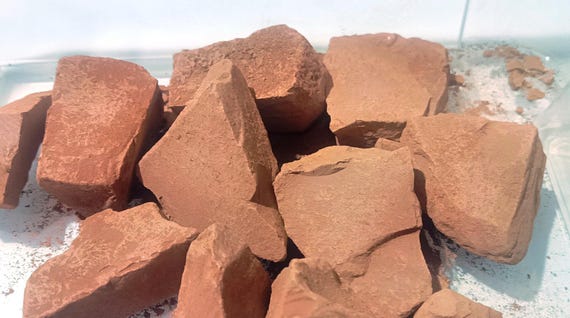
Can we talk about the care for Jianzhan teaware? I’m always worried about damaging my pieces! 😬 How do you properly clean them without losing the shine?
Good tip, Leo! It’s all about gentle care to maintain their beauty.
I use a soft cloth and just a dab of mild soap. No scrubbing! Keeps them looking great.
I never knew Jianzhan teaware was so intricate! 😍 The artistry is on another level compared to my old Yixing teapot. The designs are stunning! I might just have to get one of those authentic Jianzhan bowls. Anyone have suggestions on where to buy?
Totally agree! The patterns seem to tell a story. You can find some great pieces on Etsy! I got an amazing bowl there last month.
Great suggestion, Linda! Etsy has a variety of unique Jianzhan pieces. Just be sure to check the seller’s reviews.
Interesting article but I’m still not sold on Jianzhan over my classic English tea set. I mean, is it really that different?
It’s a taste thing, Mark! Jianzhan has this rich flavor profile that’s kind of hard to beat. You should try it! ☕️
Exactly, Rachel! The brewing techniques really highlight the flavors of the tea.
The comparative analysis in this article was super interesting! I had no idea about the differences in brewing techniques. Jianzhan really stands out!
Right? It makes you appreciate the whole art of tea more. I’m definitely considering switching.
Glad to hear you found it insightful, Danielle! Brewing techniques can really change the game.
I don’t get the hype around Jianzhan. Seems like a luxury for tea drinkers. I mean, can’t we just use any bowl?
I hear you, Tommy, but it’s all about the experience! The aesthetics and the way it retains heat make a difference.
Exactly, Sarah! It’s more than just a bowl; it’s about the whole ritual.
Jianzhan is pretty cool, but I’m all about that vintage Celadon teapot set. There’s just something about the color and texture that is so calming. Do you think they pair well with Jianzhan bowls?
Great point, Chris! Mixing different styles can add a unique touch to your tea sessions.
Oh, totally! The colors complement each other beautifully. I love mixing my teaware!
I feel like Jianzhan is the underdog of the tea world! I just ordered a Silver Spot Jianzhan Tea Bowl and can’t wait to try it out. Anyone else tried it?
I have one, and it’s gorgeous! The shine is unreal, and it really elevates the experience.
That’s awesome, Sofia! Silver Spot bowls are definitely a showstopper!
Not gonna lie, I was skeptical at first. But after reading this, I’m convinced I need some Jianzhan in my life. Anyone wanna share their favorite pieces?
The Silver Spot bowl is my favorite! It’s just so unique.
Great choice, Leo! Each piece has its own charm and history.
I really appreciate the section on global tea sets! It opened my eyes to so many different styles. I wanna try them all now! 😂
Right? Who knew there were so many options? I’m down for a tea world tour!
That would be an amazing experience, Rachel! Tea culture is so diverse.
Just got my hands on a Handmade Japanese Sake Cup Set and it’s stunning! Anyone else into mixing Japanese and Chinese tea cultures?
Yes! I love incorporating different cultures into my tea time. It makes it so much more interesting!
That’s a great mix, Victoria! Both cultures have such rich traditions.